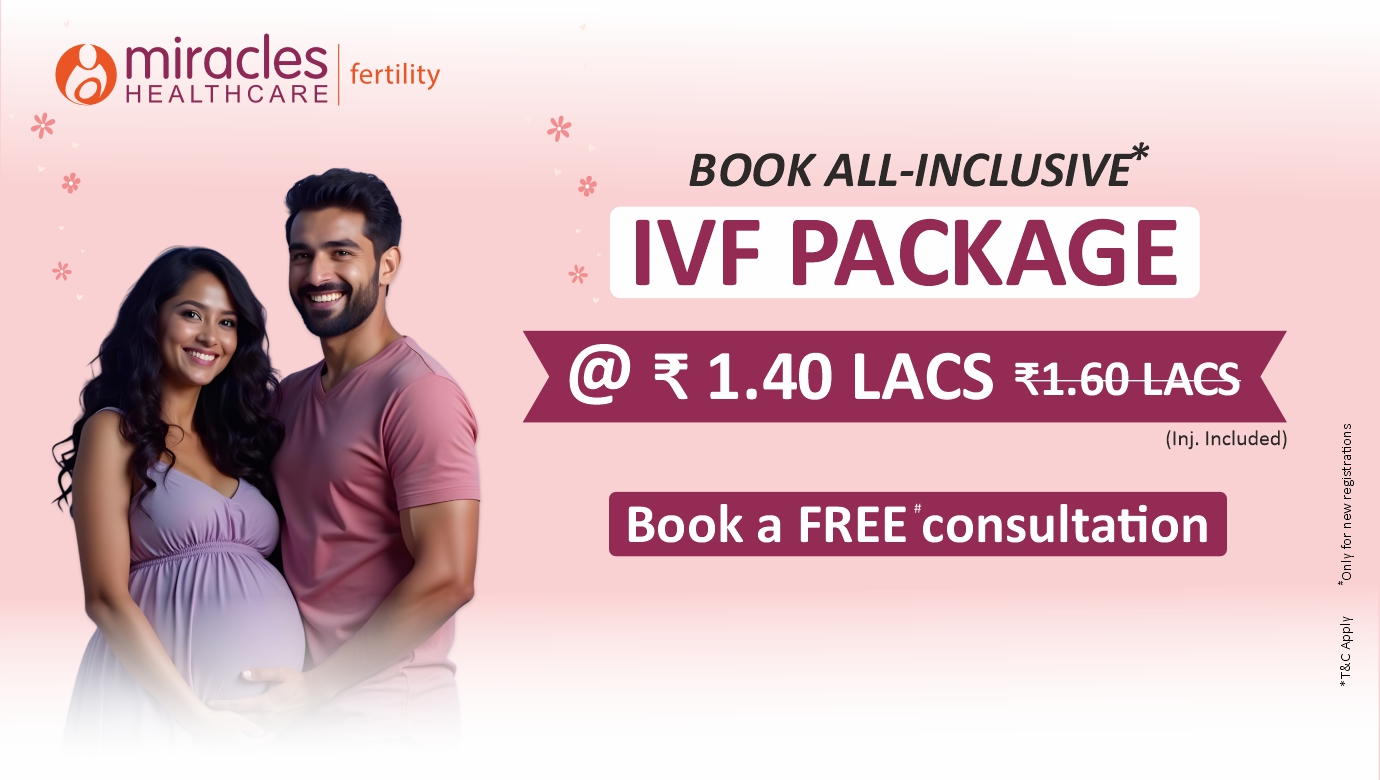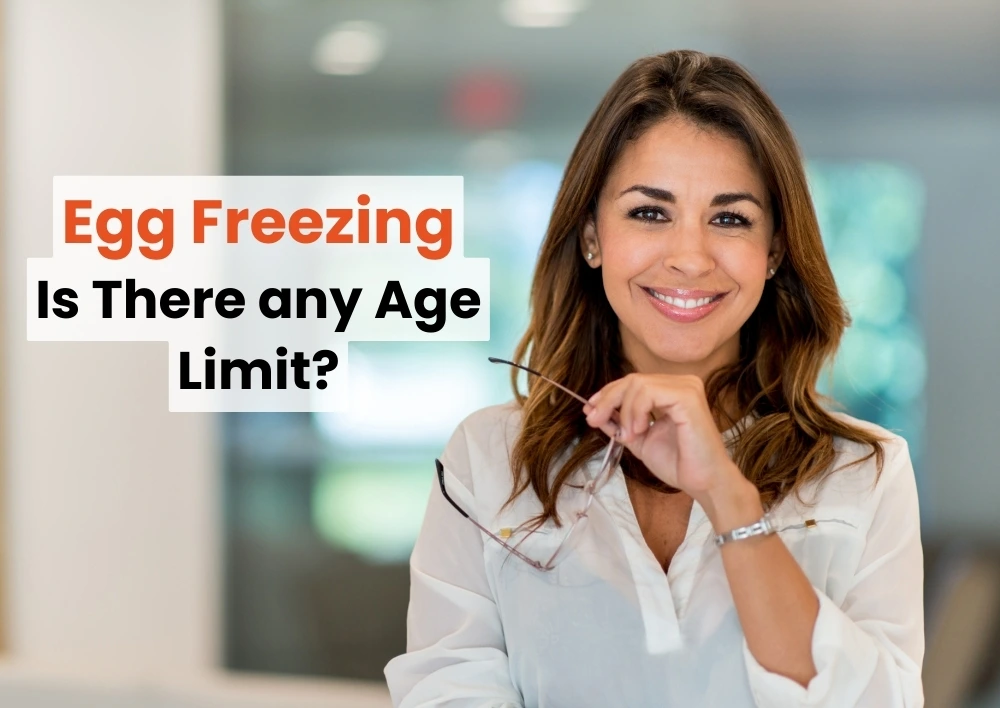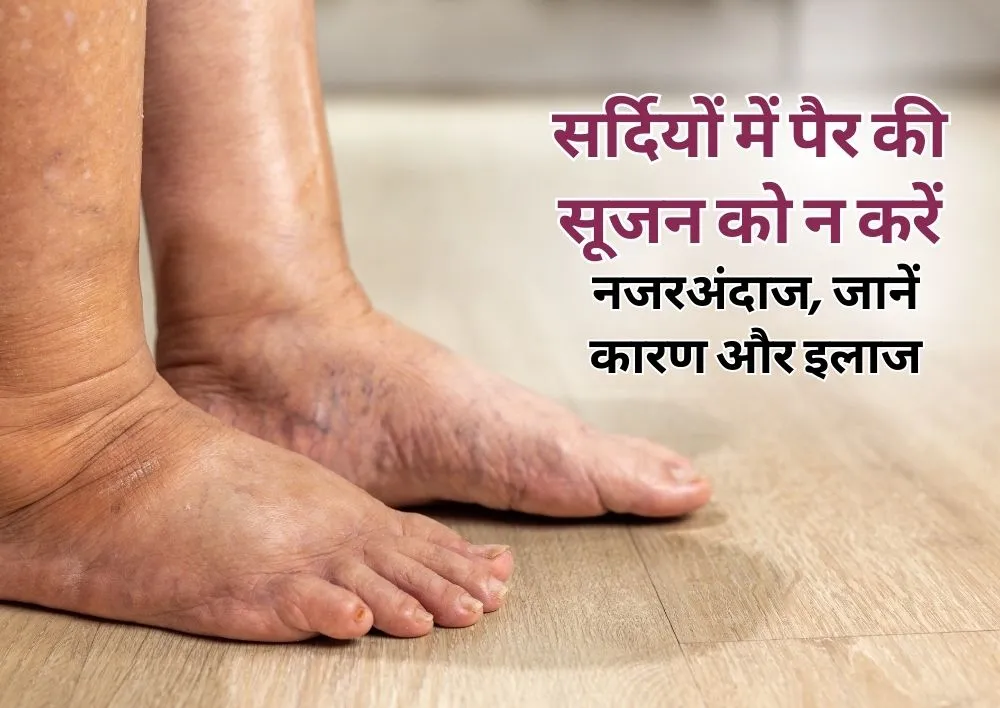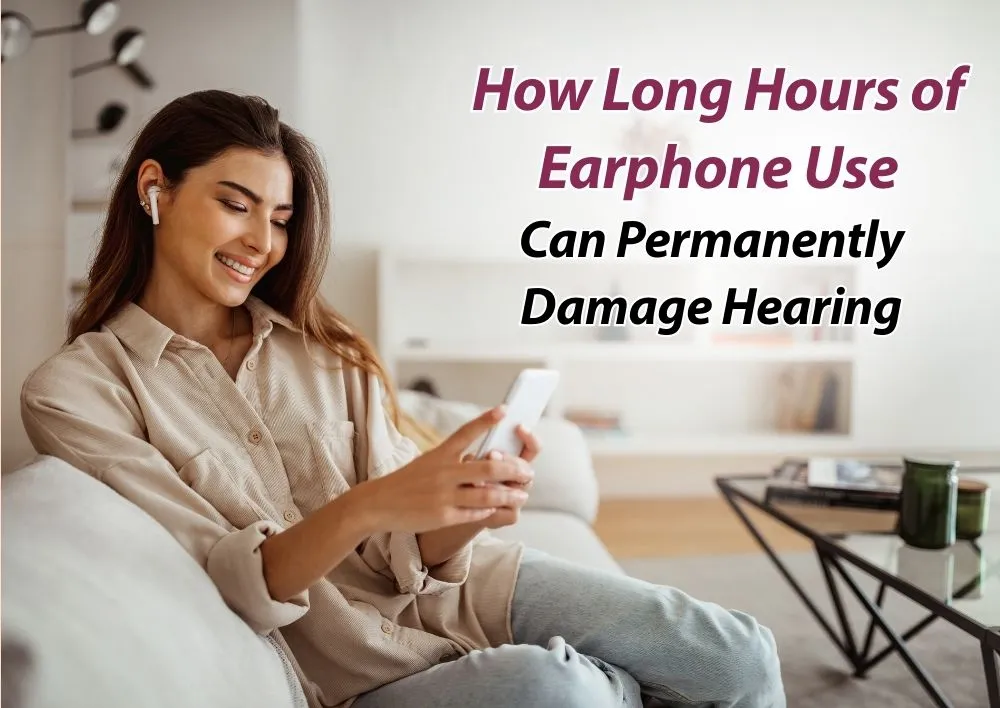Egg Freezing: Is There any Age Limit?
In recent years, egg freezing has become a popular option for females looking to preserve their fertility for the future. Whether due to career ambitions, personal circumstances, or medical reasons, more females are turning to this reproductive technology as a way to take control of their family planning. However, one common question that arises is "Is there an age limit for egg freezing?" In this blog post, the most trusted fertility specialist in Gurgaon at Miracles Fertility & IVF clinic gives insight into egg freezing, including the ideal age to consider it, how the process works, and the factors to consider when deciding if it’s the right option for you.
What Is Egg Freezing?
Egg freezing (Oocyte cryopreservation) is a process where a woman’s eggs are extracted, frozen, and stored for future use. The primary purpose of egg freezing is to preserve a woman’s fertility so that she can attempt pregnancy at a later time when she is ready. Once the eggs are frozen, they can be thawed, fertilized with sperm, and implanted into the uterus through in vitro fertilization (IVF).
When Is the Best Age to Freeze Your Eggs?
Age is a crucial factor in fertility, and it plays an important role in the egg-freezing process too. Females are born with a finite number of eggs, and the quantity and quality of these eggs decline as they age. For egg freezing to be effective, it’s important to consider the age at which the procedure is done.
-
Optimal Age for Egg Freezing: The best age to freeze your eggs is typically between your late 20s and early 30s when both the quantity and quality of eggs are still relatively high. Women in this age range tend to produce more eggs during the egg retrieval process, and these eggs are more likely to result in a successful pregnancy in the future.
-
Fertility Decline After 35: By age 35, a woman’s fertility starts declining more rapidly, and the number of healthy eggs decreases. Although it’s still possible to freeze eggs in your mid-to-late 30s, the success rates may be lower, and more cycles of egg retrieval may be needed to obtain a sufficient number of viable eggs.
-
Age Limitations: Many fertility clinics recommend freezing eggs before the age of 38-40, as the success rates drop significantly after this age. While it’s technically possible to freeze eggs after 40, the chances of those eggs leading to a successful pregnancy decrease due to the lower quality of eggs and higher rates of chromosomal abnormalities.
Is There an Age Limit for Egg Freezing in India?
In most countries, there is no strict legal age limit for freezing eggs. However, many fertility clinics set their egg-freezing age limit guidelines based on success rates. Generally, clinics recommend the maximum age to freeze eggs is 40 for the best chances of success. Some clinics may offer egg-freezing services to females in their early 40s, but the effectiveness of the procedure declines significantly after 42. It’s important to consult with a infertility specialist to discuss your circumstances, age, and overall health to determine whether egg freezing is a feasible option for you.
Why Do Women Choose Egg Freezing?
There are several reasons why a woman may choose to freeze her eggs, including:
-
Delaying Childbearing: Many women choose to freeze their eggs because they are not ready to have children due to career goals, financial stability, or the lack of a suitable partner.
-
Medical Reasons: Women undergoing medical treatments like chemotherapy or radiation for cancer may choose egg freezing to preserve their fertility before treatment, as these treatments can damage the ovaries.
-
Family Planning: Women with a family history of early menopause or fertility issues may freeze their eggs to ensure they have a chance of having biological children in the future.
-
Other Personal Reasons: Some women simply want to keep their reproductive options open as they navigate life and relationships.
Why Does Egg Quality Matters?
When considering egg freezing, it’s important to understand that egg quality plays an important role in the success of the procedure. Younger eggs are more likely to be healthy and have a normal number of chromosomes, which increases the probability of a successful pregnancy. As women age, the risk of chromosomal abnormalities in eggs rises, which can lead to infertility, miscarriage, or genetic conditions like Down syndrome.
If a woman in her early 30s freezes her eggs is likely to have a higher ratio of genetically normal eggs compared to a woman in her late 30s or 40s. This is why fertility experts recommend 40 years as the oldest age to freeze eggs, earlier rather than later.
The Egg Freezing Process
Now that we have discussed the ideal age for egg freezing, let’s look at the process itself. Egg freezing involves several steps, and it typically takes about two to three weeks to complete one cycle.
-
Ovarian Stimulation: The first step is stimulating the ovaries to produce multiple eggs. This is done using hormone injections that stimulate the ovaries to produce more eggs than they would during a natural menstrual cycle. The stimulation phase usually lasts about 10-14 days.
-
Monitoring and Ultrasounds: During the stimulation phase, the progress of egg development is monitored through blood tests and ultrasounds. The goal is to ensure the eggs are maturing properly.
-
Egg Retrieval: Once the eggs are mature, they are retrieved through a minor surgical procedure, transvaginal ultrasound aspiration. This procedure involves using a thin needle to collect the eggs from the ovaries, and it typically takes about 15-20 minutes. Most women are sedated during this procedure to ensure comfort.
-
Freezing the Eggs: After the eggs are retrieved, they are carefully examined for quality, and the healthiest ones are frozen using a technique called vitrification, which rapidly freezes the eggs to prevent ice crystals from forming and damaging the cells.
-
Storage: The frozen eggs are then stored in a fertility lab until you are ready to use them for IVF in the future.
How Many Eggs Should You Freeze?
The number of eggs you should freeze depends on various factors, including your age and your future fertility goals. Fertility specialists typically recommend freezing eggs to increase the chances of a successful pregnancy. However, if you are older, you may need to freeze more eggs because the quality may not be as high.
Not all retrieved eggs will outlast the freezing and thawing process, and not all will be feasible for fertilization. This is why freezing a higher number of eggs is recommended to improve the odds of having enough healthy eggs when you are ready to conceive.
Factors to Consider Before Freezing Your Eggs
While egg freezing offers many benefits, it’s essential to consider the following factors before making a decision:
-
Success Rates: The success of egg freezing depends on your age and the quality of the eggs at the time they are frozen.
-
Costs: The cost of Egg freezing varies depending on the clinic and location. Additionally, there are ongoing storage fees for the frozen eggs, which can add to the overall cost.
-
Emotional Impact: The process of egg freezing can be emotionally and physically taxing, as it involves hormone injections, monitoring, and a minor surgical procedure. It’s important to be prepared for the potential stress that comes with the process.
-
Future Considerations: Once you freeze your eggs, you need to consider when you want to use them. If you don’t end up using the eggs for IVF, you may have to make decisions about what to do with the unused eggs, such as donating them or discarding them.
Conclusion:
Egg freezing is a powerful tool for women who want to take control of their fertility and family planning. However, timing is important. The younger you are when you freeze your eggs, the better the chances of success in the future. While there may not be a hard-and-fast age limit, the quality and quantity of your eggs decline with age, making it important to consider freezing your eggs earlier rather than later.
If you are thinking about egg freezing, have an open conversation with a fertility specialist near me at Miracles Healthcare for guidance through the process, and to understand your options. Remember, egg freezing is a personal decision, and there’s no one-size-fits-all answer. Take your time, weigh your options, and do what feels right for you.















Was the information useful?
0 0